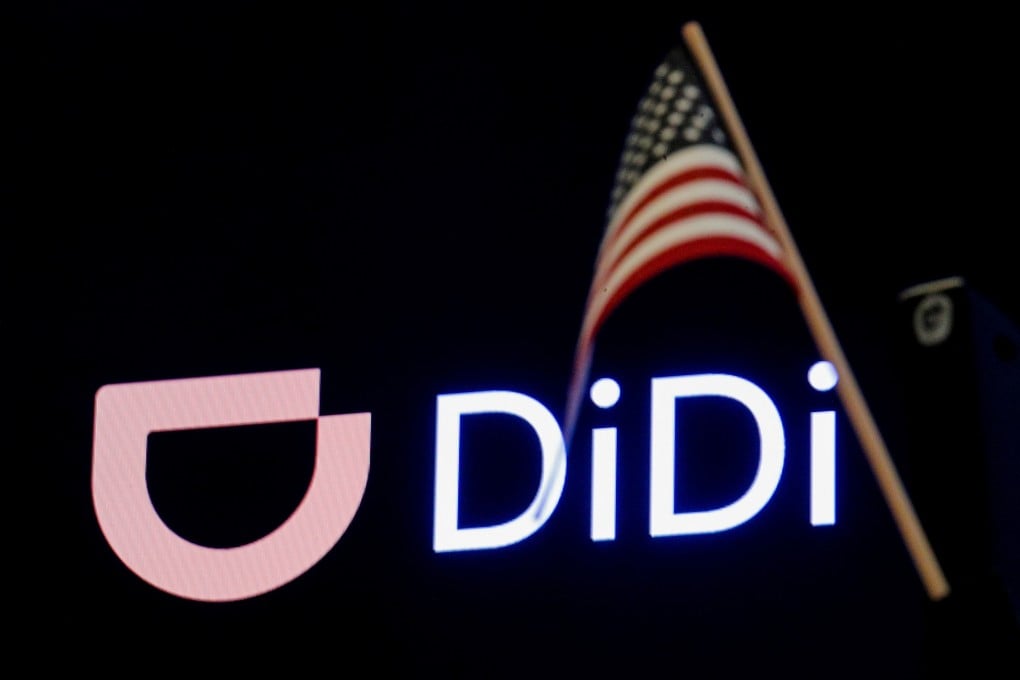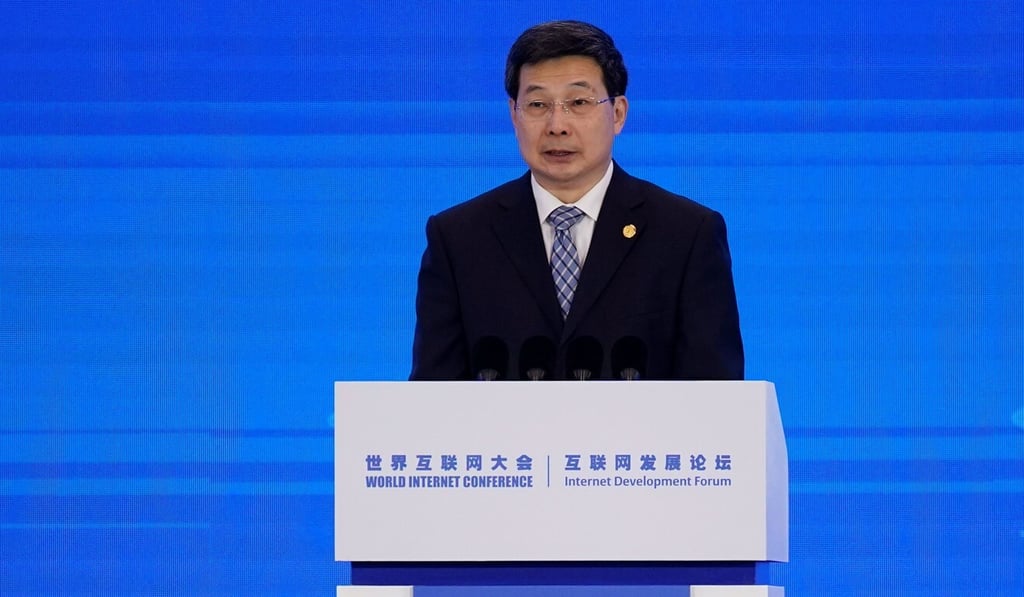Advertisement
Exclusive | China’s regulators suspect Didi’s US listing was ‘deliberate act of deceit’, a portrayal that shows severity of mistrust, sources say
- Some officials have privately described Didi’s move as 'yang feng yin wei' – to comply publicly, but defy privately
- Didi’s US IPO also casts the Cyberspace Administration of China in a bad light, raising questions about its competence, a source said
Reading Time:3 minutes
Why you can trust SCMP
24

China’s government regulators suspect the initial public offering by Didi Chuxing in New York on June 30 was a deliberate act of deceit, a characterisation that underscores the severity of the fundraising exercise and the potential storm to come, according to four sources familiar with the matter.
The Beijing-based ride-hailing service raised US$4.4 billion in a stock sale in the United States even as its core business is in China – where it dominates 90 per cent of the market.
Some officials have privately described Didi’s move as yang feng yin wei – to comply publicly, but defy privately – according to a source who was briefed, speaking on condition of anonymity for describing confidential discussions.
Advertisement
The characterisation is particularly striking, given the Communist Party’s priority to focus on getting rid of “two-faced men … who comply in public but resist secretly” from the party, according to the communique of a January 13, 2018 meeting of the Central Commission for Discipline Inspection (CCDI), the corruption-busting agency.

Advertisement
The New York listing, the biggest offshore fundraising this year by a China-domiciled company, also casts the Cyberspace Administration of China (CAC) in bad light, raising questions about its competence in ensuring cybersecurity and reining in big internet service providers like Didi, according to a second source.
Advertisement
Select Voice
Select Speed
1.00x